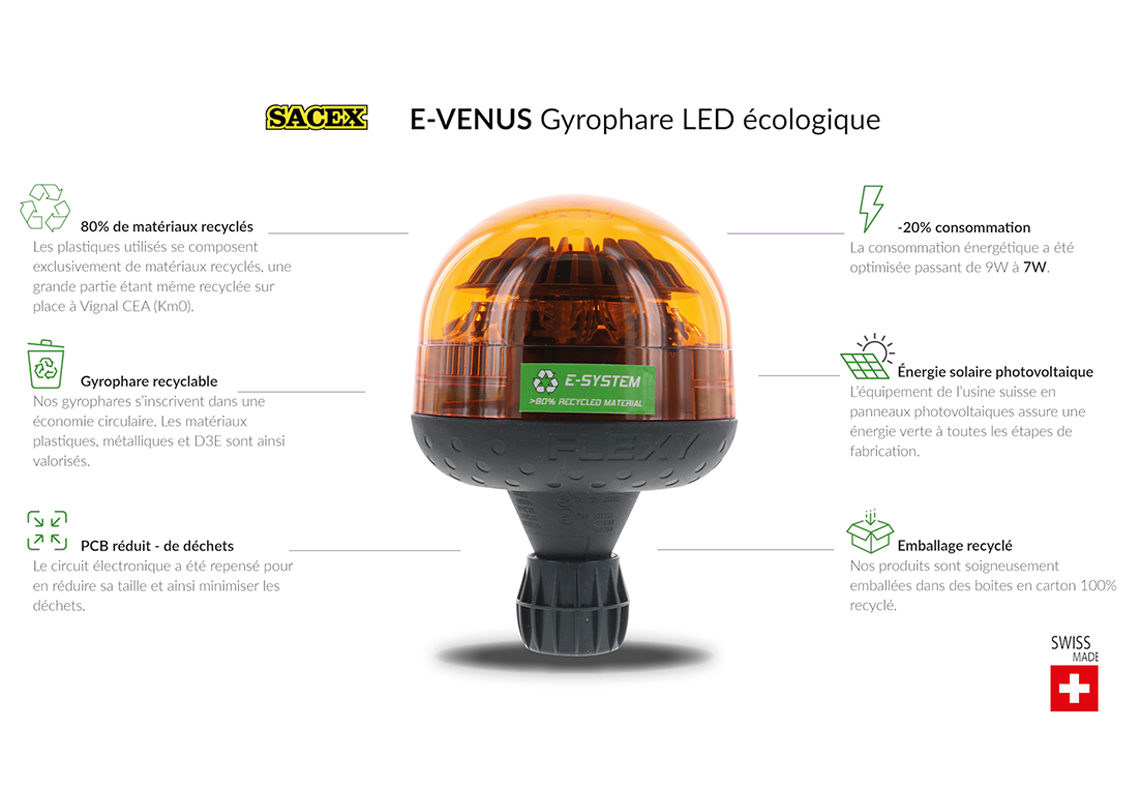What are Euro 6 and Euro 7 standards?
The Euro 6 and Euro 7 standards are European regulations that set strict limits on pollutant emissions from vehicles in Europe.
Their main aim is to protect the environment and public health by reducing the pollution caused by cars, trucks and other motorized vehicles.
Euro 6 Standard: A Major Reduction in Emissions
The Euro 6 standard has been in effect since 2014 and sets very strict limits on pollutant emissions. It applies to both petrol and diesel engines and aims to reduce two main types of pollution:
-
Nitrogen oxides (NOx): These gases are a major cause of air pollution, especially in large cities.
-
Fine particles: Primarily emitted by diesel engines, these are harmful to health and can penetrate deep into the lungs.
Thanks to this standard, manufacturers have been required to introduce technologies such as particulate filters and selective catalytic reduction (SCR) systems in diesel vehicles to reduce these pollutants.
Euro 7 Standard: The Future of Clean Mobility
Scheduled to come into effect in 2025, the Euro 7 standard goes even further. While the exact specifications are not yet finalized, it does not limit itself to engine emissions. It includes new measures to further reduce the environmental impact of vehicles:
-
Even lower thresholds for pollutants: Emissions of NOx and fine particles will have to be reduced to nearly negligible levels.
-
Inclusion of brakes and tires: These components, which also produce polluting particles, will be monitored and subject to specific standards.
-
Lifelong compliance monitoring: Unlike Euro 6, which focuses on lab-based emissions tests, Euro 7 ensures that vehicles remain compliant throughout their entire lifespan.

Why Are These Standards Necessary ?
Air pollution is a major issue today. The Euro 6 and Euro 7 standards have several key objectives:
-
Improve air quality in cities by reducing pollutant emissions.
-
Protect citizens' health by limiting exposure to harmful gases and particles.
-
Combat climate change by promoting cleaner vehicles.
-
Meet consumer expectations, as people are increasingly aware of the environmental impact of their transportation choices.
How is Vignal supporting vehicle manufacturers ?
At Vignal, we see environmental regulations as opportunities to innovate and develop increasingly responsible products. Here's how we put our commitment into action:
-
Eco-design at the core of our products: From the very first stages of design, we incorporate criteria aimed at minimizing the environmental impact of our products. This includes choosing sustainable materials, optimizing weight, and ensuring extended product lifespan.
-
Durable and reliable components: We prioritize the use of automotive components that are designed to last as long as — or even longer than — the vehicles themselves. This approach reduces the need for replacement and, in turn, lowers our ecological footprint.
-
Maximum recyclability: All our products are designed to be easily disassembled and up to 100% recyclable. This significantly limits their environmental impact by promoting a second life for each component.
E-venus

Through these concrete actions, Vignal supports manufacturers and distributors in their transition to more environmentally-friendly solutions, while meeting the demands of a constantly evolving market.

